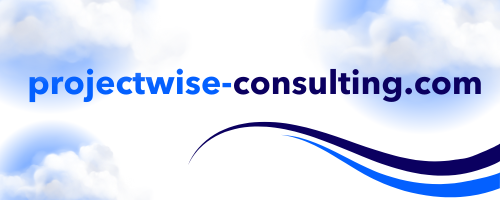
The standard one-size-fits-all strategy to studying is more and more ineffective as information exhibits that learners retain data in different methods. Adaptive studying, pushed by information and know-how, has emerged as a necessary methodology to ship customized growth, optimizing learner engagement and enhancing instructional outcomes.
What’s Adaptive Studying?
Adaptive studying refers to instructional methodologies that make the most of data-driven applied sciences to customise tutorial experiences. By constantly analyzing learners’ interactions, adaptive techniques alter content material, tempo, and suggestions to suit particular person studying wants.
The Significance of Personalization in Studying
Each learner has a singular approach of processing and retaining data. Conventional classroom strategies usually fail to deal with these particular person variations, resulting in disengagement and restricted success. Adaptive studying offers an answer by providing customized studying pathways and enhancing comprehension, retention, and motivation.
How Does Adaptive Studying Work?
Adaptive studying techniques gather information on a learner’s progress via interactive assessments, quizzes, and actions. This information is analyzed by utilizing synthetic intelligence (AI) algorithms to determine areas of energy and weak point. Primarily based on these insights, the system dynamically adjusts the content material delivered to every learner, specializing in ideas needing reinforcement and bypassing subjects already mastered.
Advantages of Adaptive Studying
- Enhanced Engagement: Customized content material ensures that learners stay engaged, decreasing boredom and frustration.
- Improved Effectivity: Learners spend much less time on acquainted subjects and extra time mastering difficult areas.
- Higher Studying Outcomes: Tailor-made studying paths result in larger retention charges and deeper understanding.
- Actionable Insights: Adaptive studying empowers educators and leaders with useful information to determine traits, monitor progress, and make knowledgeable tutorial choices.
Implementing Adaptive Studying in Your Group

To successfully undertake adaptive studying, contemplate the next steps:
- Assess Your Present Assets: Decide the know-how and techniques already in place and determine gaps.
- Set Clear Goals: Clearly outline what you purpose to attain via adaptive studying—improved retention, quicker talent acquisition, or elevated learner satisfaction.
- Select the Proper Platform: Choose adaptive studying software program that aligns along with your group’s wants, providing strong analytics and customizable studying paths.
- Prepare Instructors and Learners: Guarantee all customers are comfy with the brand new system, maximizing its potential for achievement.
Overcoming Challenges
Whereas adaptive studying affords quite a few advantages, implementation can current challenges similar to information privateness considerations, know-how integration, and preliminary value boundaries. Addressing these proactively with a strategic strategy and clear communication will considerably easy the transition.
The Way forward for Adaptive Studying
Adaptive studying is poised for substantial progress, fueled by steady developments in AI and information analytics. Organizations investing in adaptive studying in the present day will profit from an empowered workforce higher outfitted for future challenges.

Adopting adaptive studying will not be solely about retaining tempo with technological traits—it’s about recognizing and nurturing the distinctive potential of each learner. By harnessing data-driven insights, adaptive studying fosters an inclusive, efficient, and interesting instructional surroundings, important for ongoing private and organizational growth.
The publish Adaptive Studying: A Information-Pushed Method to Customized Growth appeared first on Readability Consultants.

